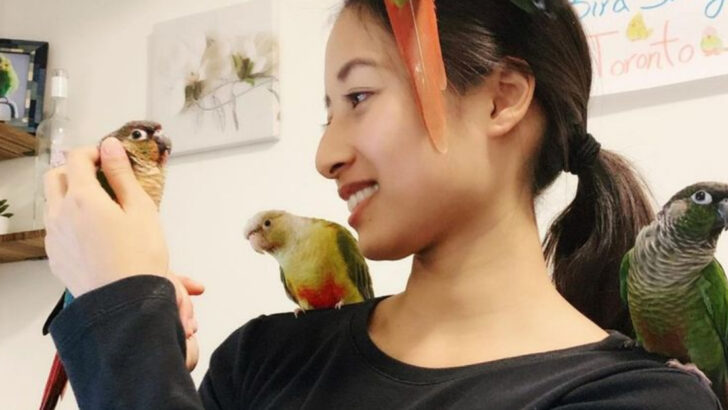Your bird isn’t just cute—it’s judging you.
Behind those bright eyes and innocent chirps is a little feathery genius watching your every move… and sometimes, silently suffering from them.
From the wrong cage setup to toxic snacks and way too little social time, even the most well-meaning owners can get it wrong. Birds aren’t low-maintenance decorations—they’re complex, emotional, and smarter than most people think.
Ready to find out if you’ve been making one of the classic bird blunders? Let’s talk about the habits that ruffle feathers—for real.
Neglecting Social Interaction
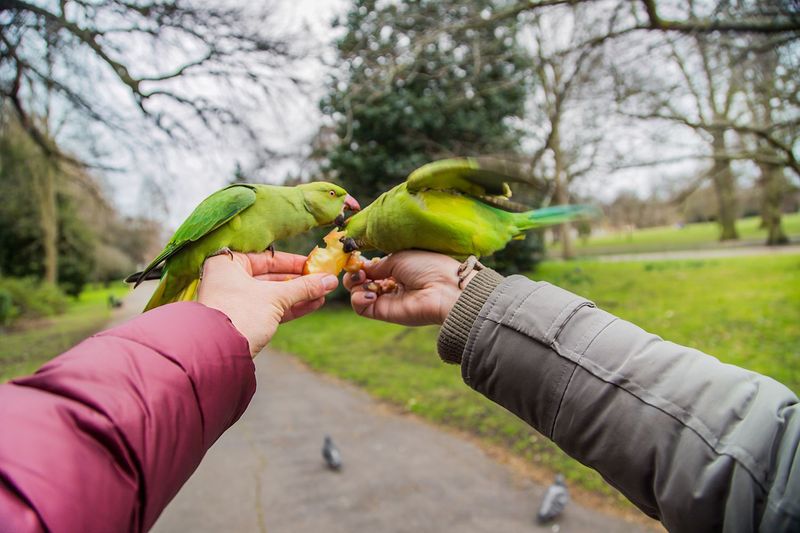
Birds, like humans, thrive on social interaction. Without regular engagement, they may become lonely or even depressed. Owners often underestimate the amount of attention their bird requires.
Providing toys and a stimulating environment is crucial, but nothing replaces personal interaction. Spend quality time with your bird daily.
Whether through play or simply talking to them, regular interaction is vital. A happy bird is more likely to sing, mimic sounds, and exhibit playful behavior.
Improper Diet
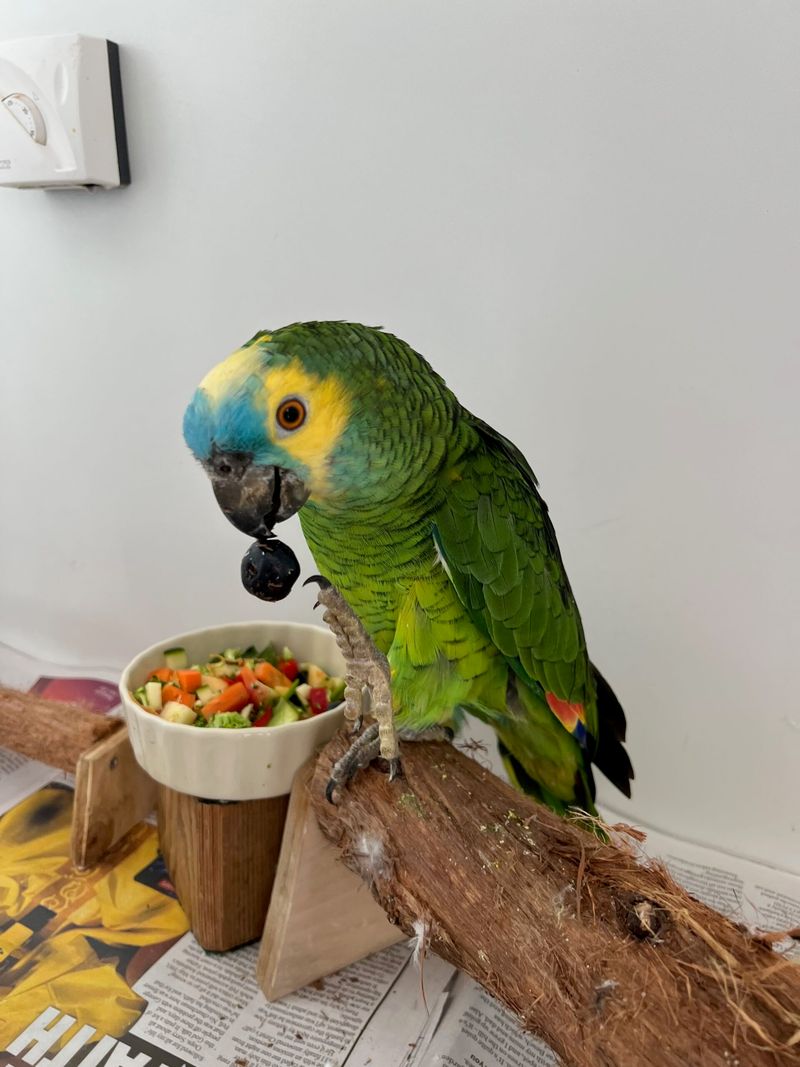
Diet plays a critical role in a bird’s health. Many owners mistakenly believe that seeds alone provide adequate nutrition. Birds need a varied diet, including fruits, vegetables, and specialized pellets.
A lack of dietary variety can lead to nutritional deficiencies and health problems. It’s essential to research and provide balanced meals.
Consult avian experts or veterinarians for advice on the best dietary practices. Ensuring a well-rounded diet promotes vibrant plumage and energetic behavior.
Ignoring Grooming Needs
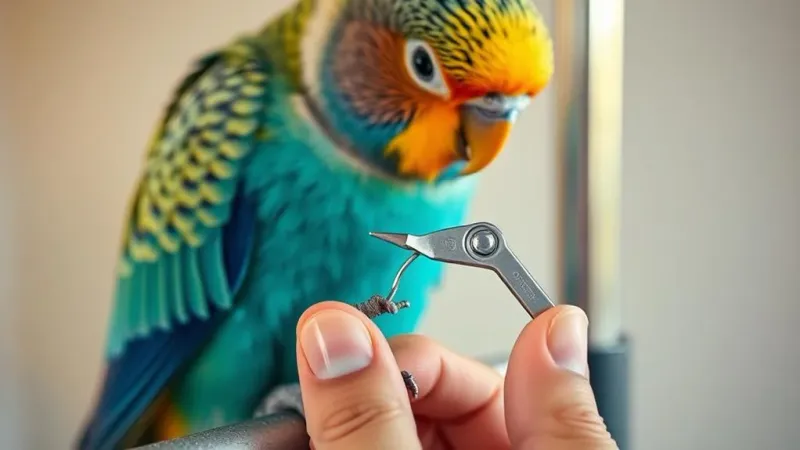
Grooming is often overlooked by bird owners, yet it’s a vital aspect of care. Regular grooming helps prevent overgrown nails and beaks.
Neglecting grooming can lead to discomfort and health issues. Clipping nails and beaks should be done carefully, with proper tools.
Some birds also enjoy baths or showers, which can be a delightful bonding activity. Embrace grooming as a routine part of bird care to enhance your pet’s comfort and health.
Lack of Mental Stimulation
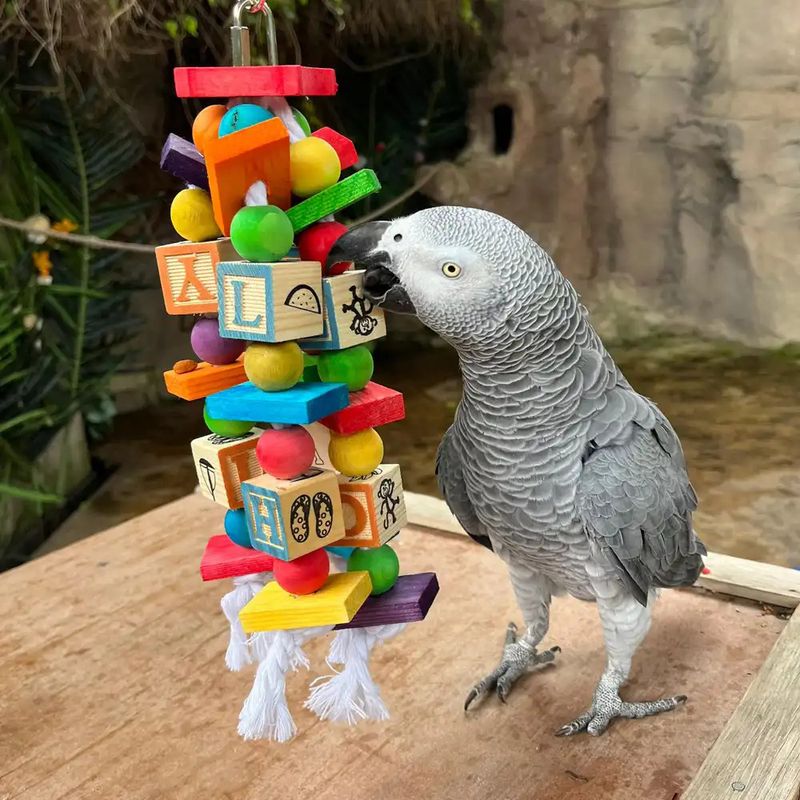
Mental stimulation is key to a bird’s happiness. Birds are intelligent creatures that need challenges to stay engaged.
Without stimulation, they can become bored, which often leads to destructive behaviors like feather plucking. Providing a variety of toys and puzzles can help.
Rotate toys regularly to keep things fresh and exciting for your feathered friend. Encourage problem-solving and reward your bird’s curiosity.
Inadequate Cage Size
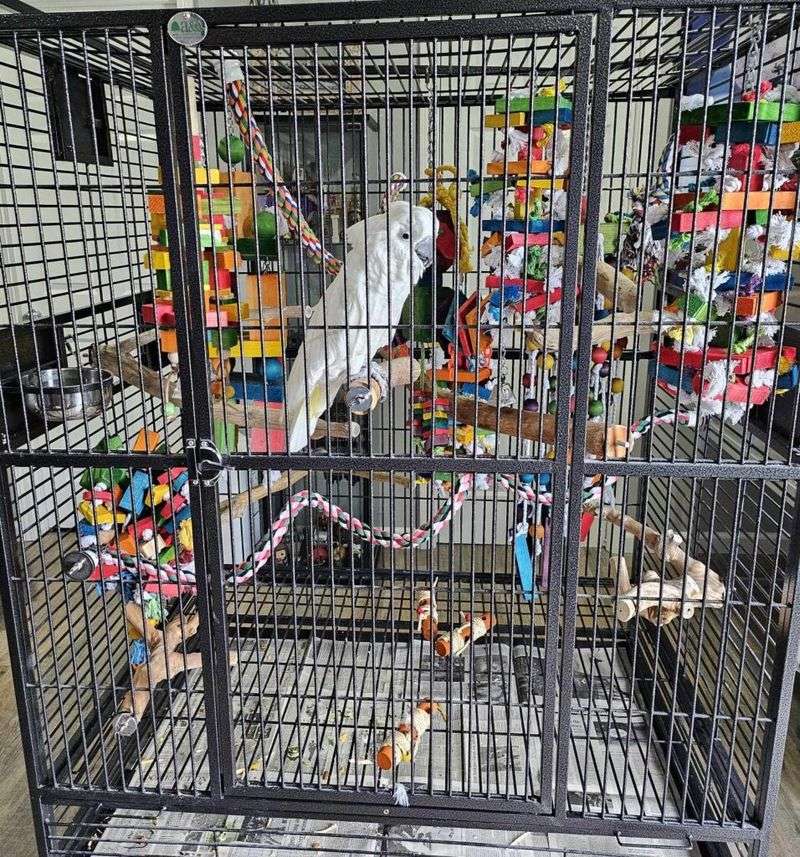
Space is paramount for a bird’s physical and emotional well-being. A small cage restricts movement and can lead to stress.
Birds need ample room to spread their wings and fly short distances. Choose a cage that’s significantly larger than the minimum size recommended for your bird’s species.
A spacious environment promotes exercise and reduces the risk of obesity. Ensure the cage is equipped with perches and enriching activities.
Not Providing a Varied Environment
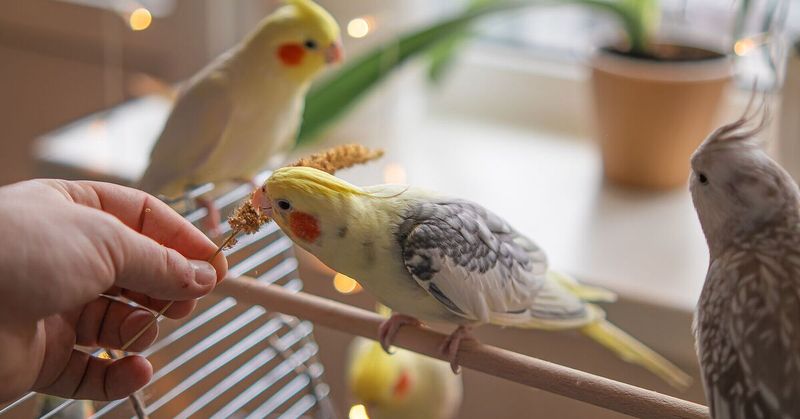
A varied environment is crucial for a bird’s mental health. Birds are curious by nature and enjoy exploring.
Changing their surroundings occasionally can prevent boredom. Introduce new sights, sounds, and textures to keep them entertained.
Position the cage in a lively area where they can observe household activities. A dynamic environment enriches their lives and fosters contentment.
Improper Handling Techniques
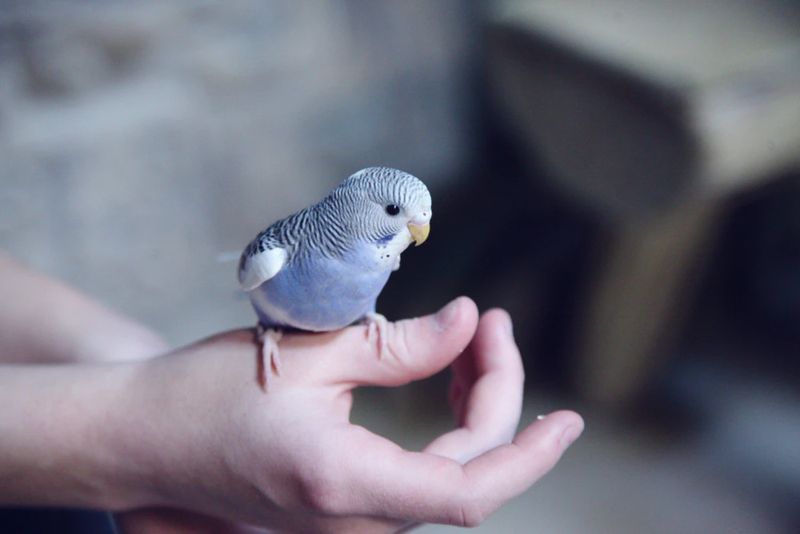
Handling birds requires patience and the right technique. Many owners unintentionally handle their birds too roughly or infrequently.
Proper handling fosters trust and a stronger bond. Approach your bird calmly, and let them come to you if possible.
Learn the correct way to hold and interact with them to ensure a positive experience for both parties. Trust is built over time with gentle, respectful handling.
Neglecting Regular Health Checkups
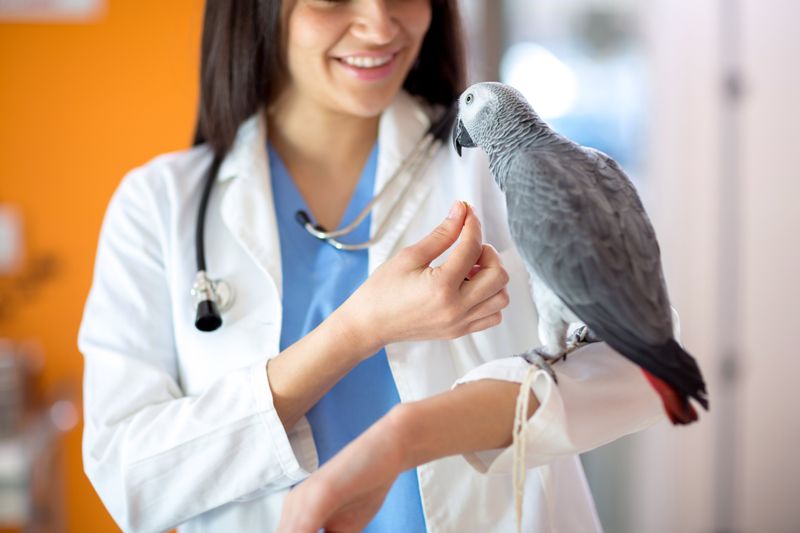
Regular health checkups are crucial for a bird’s well-being. Many owners skip these visits unless obvious issues arise.
Birds often hide signs of illness until they’re quite sick. Routine vet visits can catch problems early, ensuring better outcomes.
Find a veterinarian specializing in avian care for accurate assessments. Regular checkups contribute to a long and healthy life for your bird.
Ignoring Signs of Stress
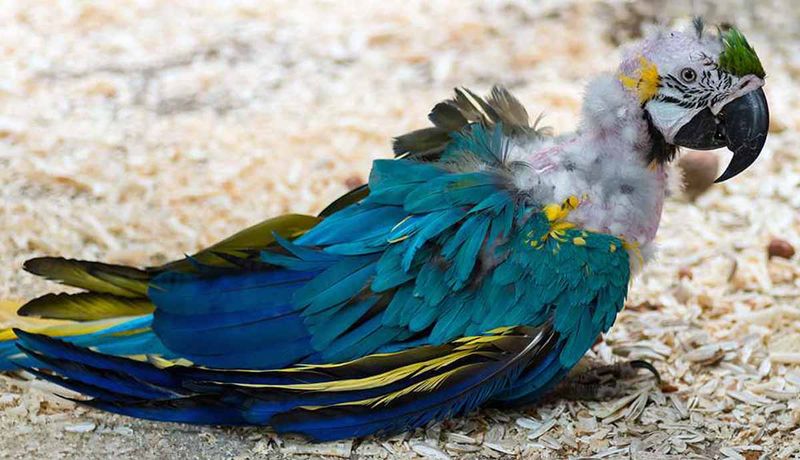
Birds exhibit stress in various ways, and it’s vital to recognize these signs. Feather plucking, aggression, and changes in appetite may indicate stress.
Identifying stressors can help mitigate them, whether they’re environmental changes or lack of attention.
Creating a calm and stable environment, along with regular interaction, can alleviate stress. Understanding your bird’s behavior is key to their happiness.
Overlooking Flight Safety
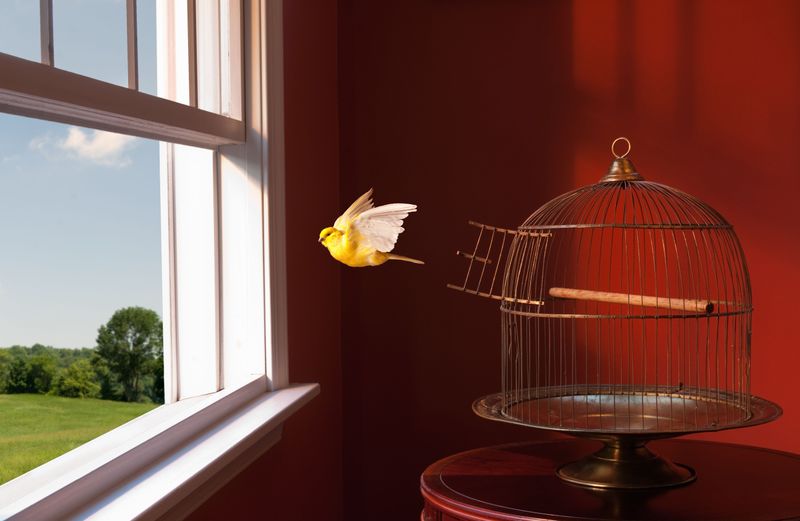
Flight safety inside the home is often overlooked. Birds need to exercise their wings, but they also face numerous hazards.
Ensure windows and mirrors are covered, and ceiling fans are off during flight time. Supervise your bird to prevent accidents.
Set up a flight-safe area, free from potential dangers. Providing a secure environment allows your bird to enjoy flying without risk.
Allowing Unsupervised Outdoor Time
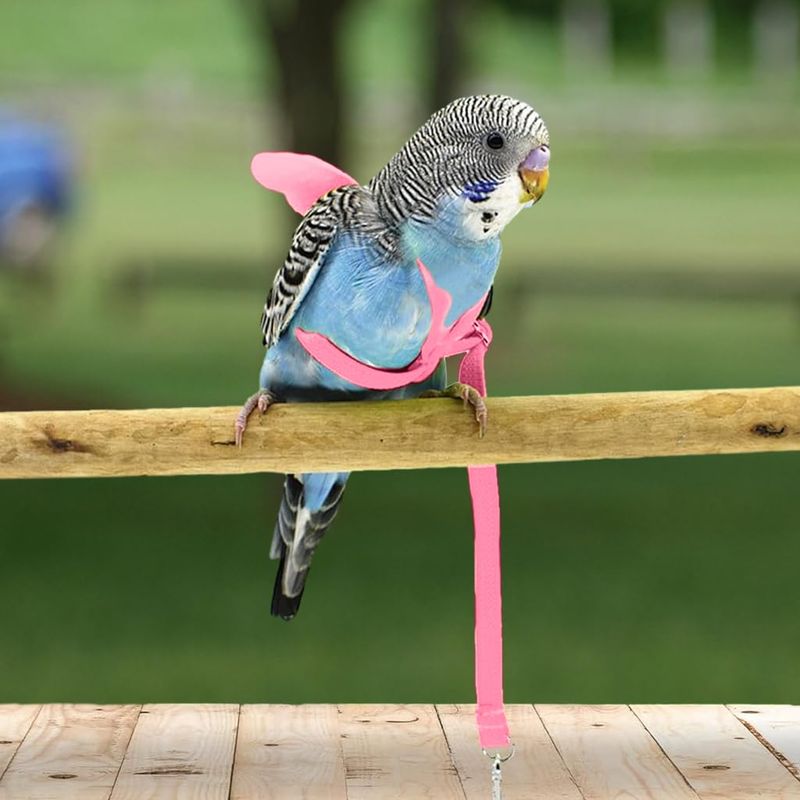
Outdoor time can be enriching for birds if done safely. Unsupervised outdoor time, however, poses significant risks.
Birds can fly away or encounter predators without protection. Use a secure aviary or harness when outside.
Supervision during outdoor activities ensures safety. Providing outdoor exposure responsibly can enhance your bird’s quality of life.
Inconsistent Training Methods
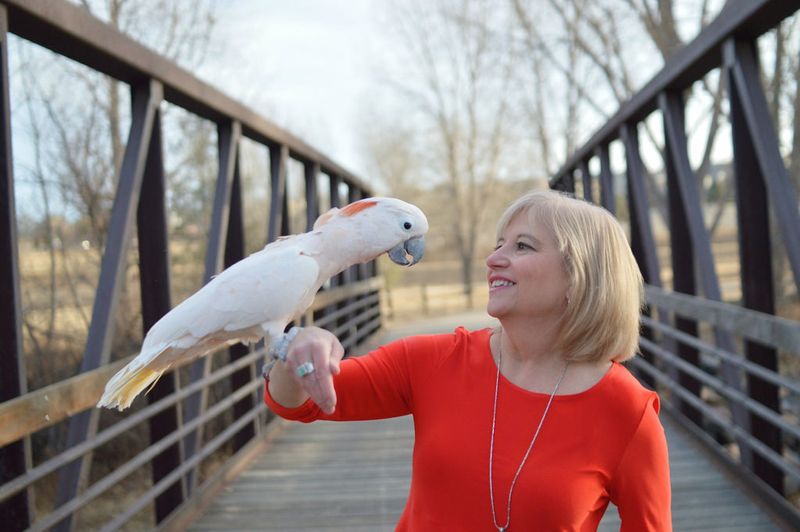
Training a bird requires consistency and patience. Inconsistent methods can confuse birds and hinder learning.
Establish clear commands and use positive reinforcement to encourage good behavior. Regular, short training sessions work best.
Consistency fosters understanding and strengthens the bond between owner and bird. Celebrate small victories and progress in training.
Not Monitoring Weight Regularly
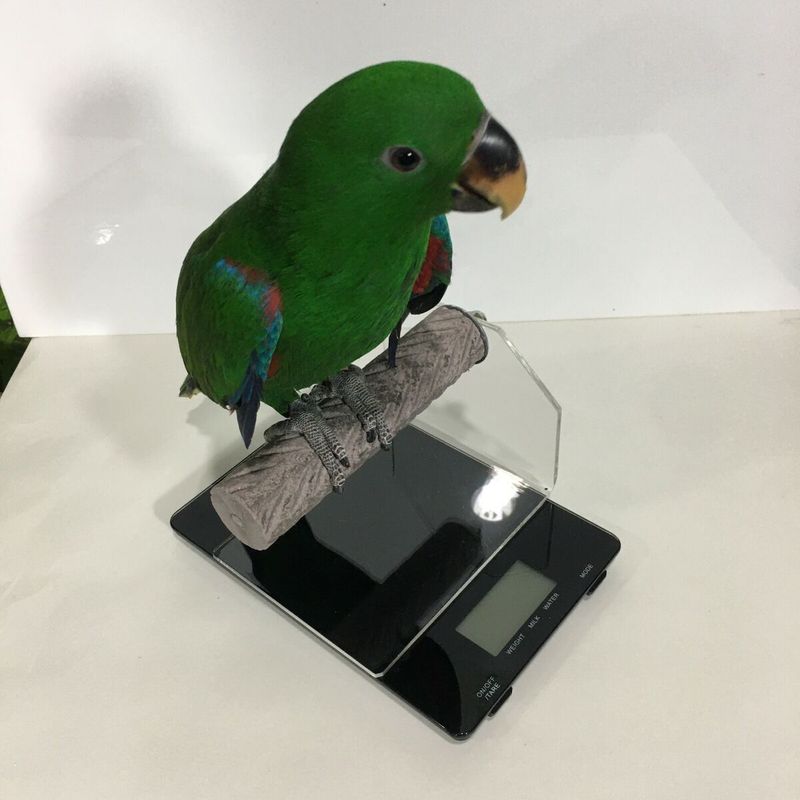
Weight monitoring is a critical aspect of bird care that’s often overlooked. Weight changes can indicate health issues.
Regularly weighing your bird helps catch problems early. Use a scale designed for pets to ensure accuracy.
Keeping a log of weights over time provides valuable insights into your bird’s health. It’s a simple practice that aids in preventing serious conditions.
Failing to Socialize Young Birds
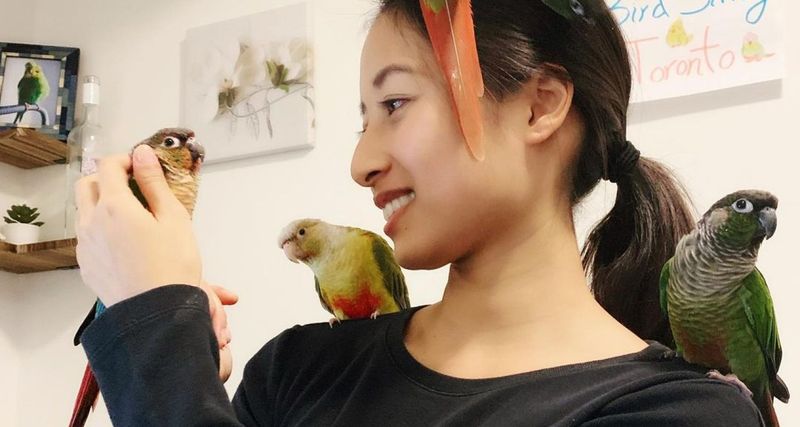
Early socialization is vital for young birds. It shapes their temperament and adaptability.
Expose them to various experiences, people, and environments to build confidence. Without socialization, birds can become fearful or aggressive.
Guided social interactions lead to well-adjusted adult birds. Encourage positive interactions and varied experiences.
Underestimating Commitment Level
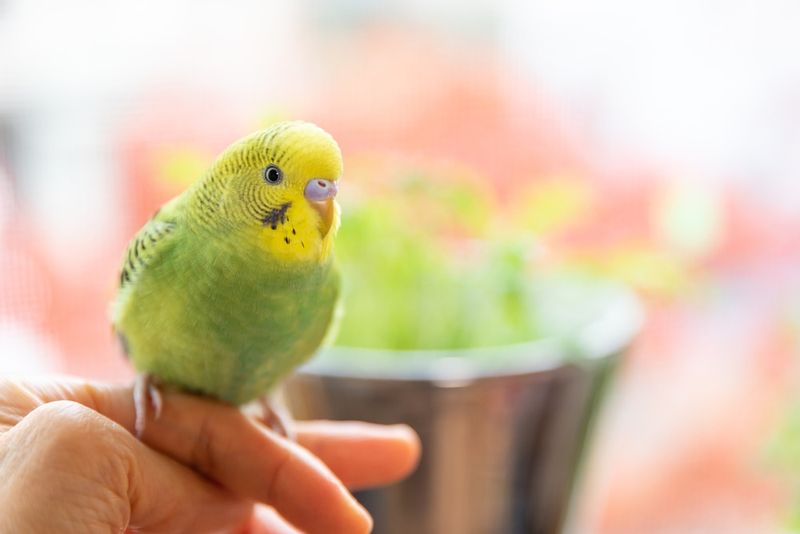
Owning a bird is a long-term commitment that many underestimate. Birds can live for decades, requiring ongoing care and attention.
Understanding the time, cost, and effort involved is crucial before bringing a bird home. Birds need daily care, enrichment, and social interaction.
Research thoroughly and prepare to dedicate years to your feathered friend. A well-cared-for bird becomes a cherished companion.

